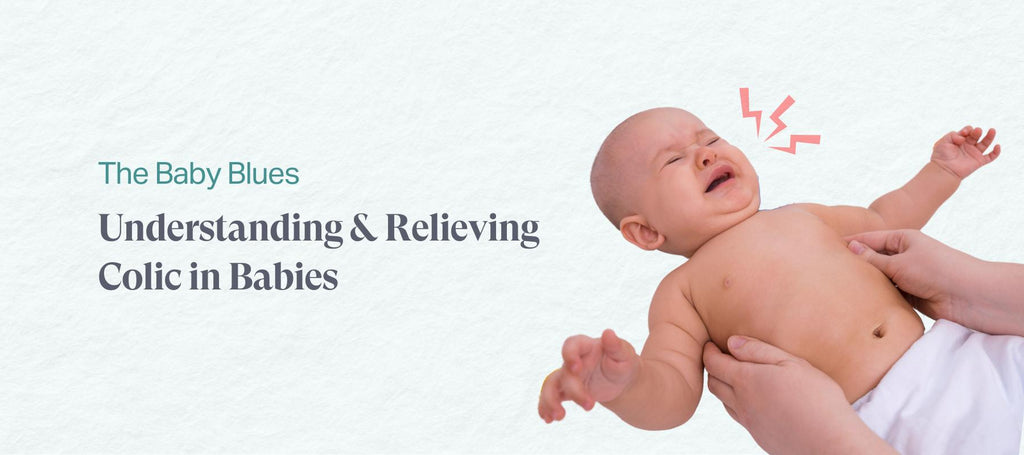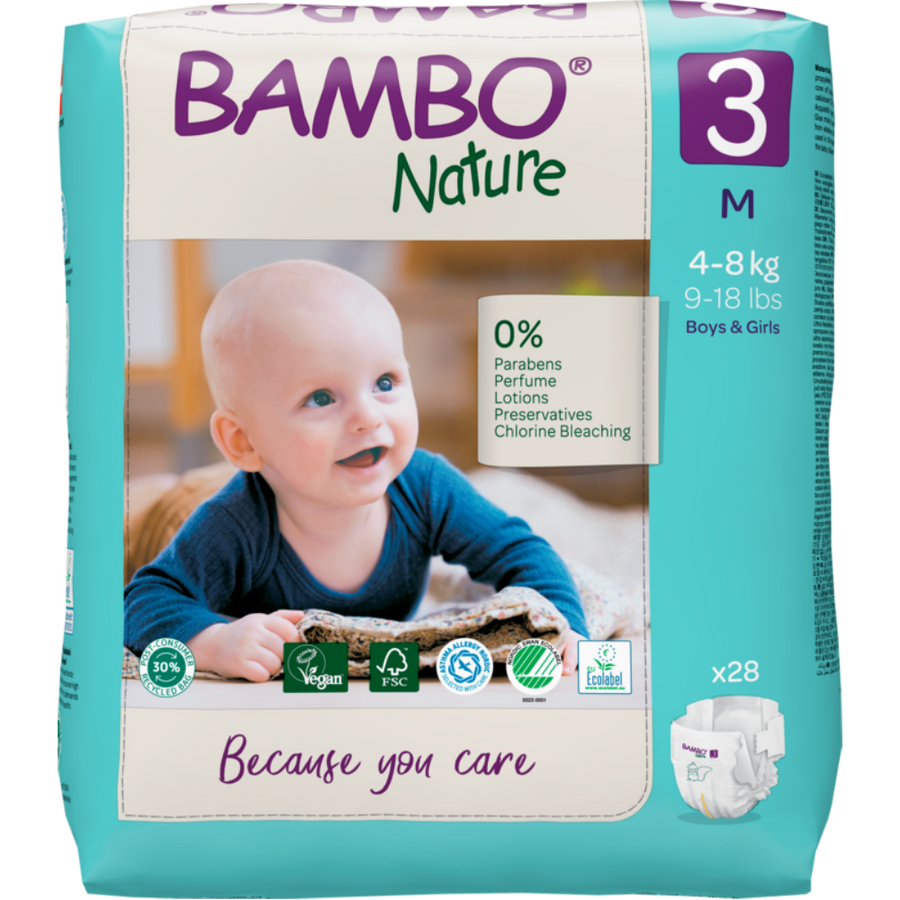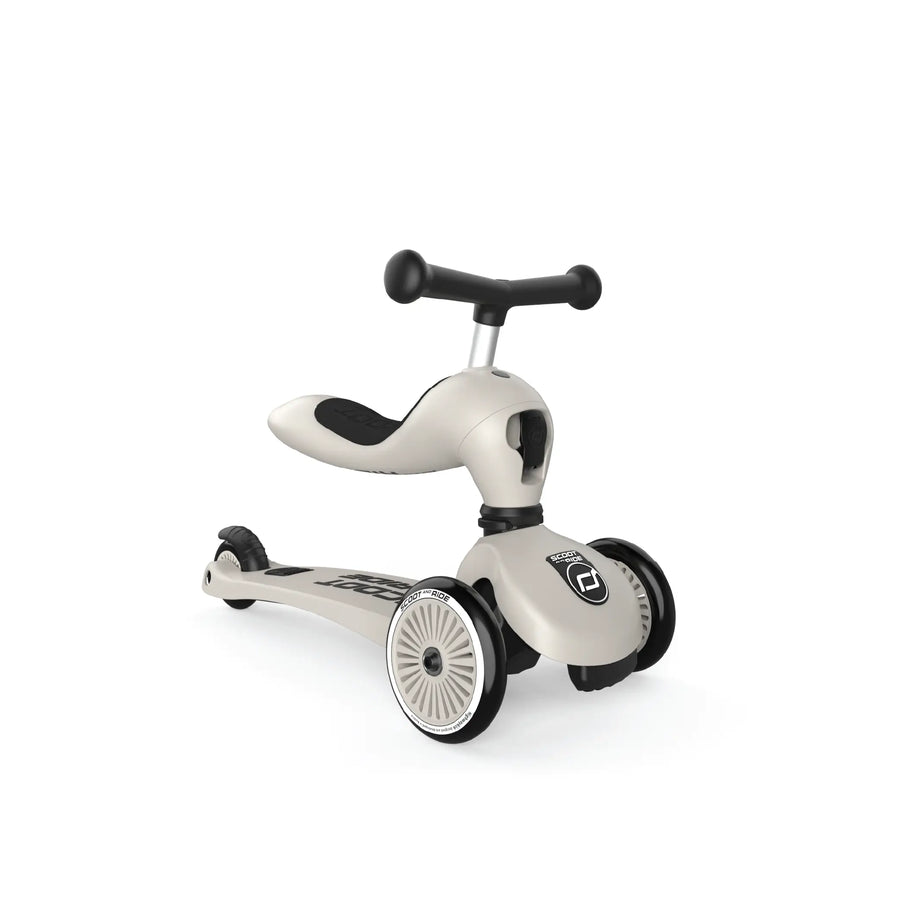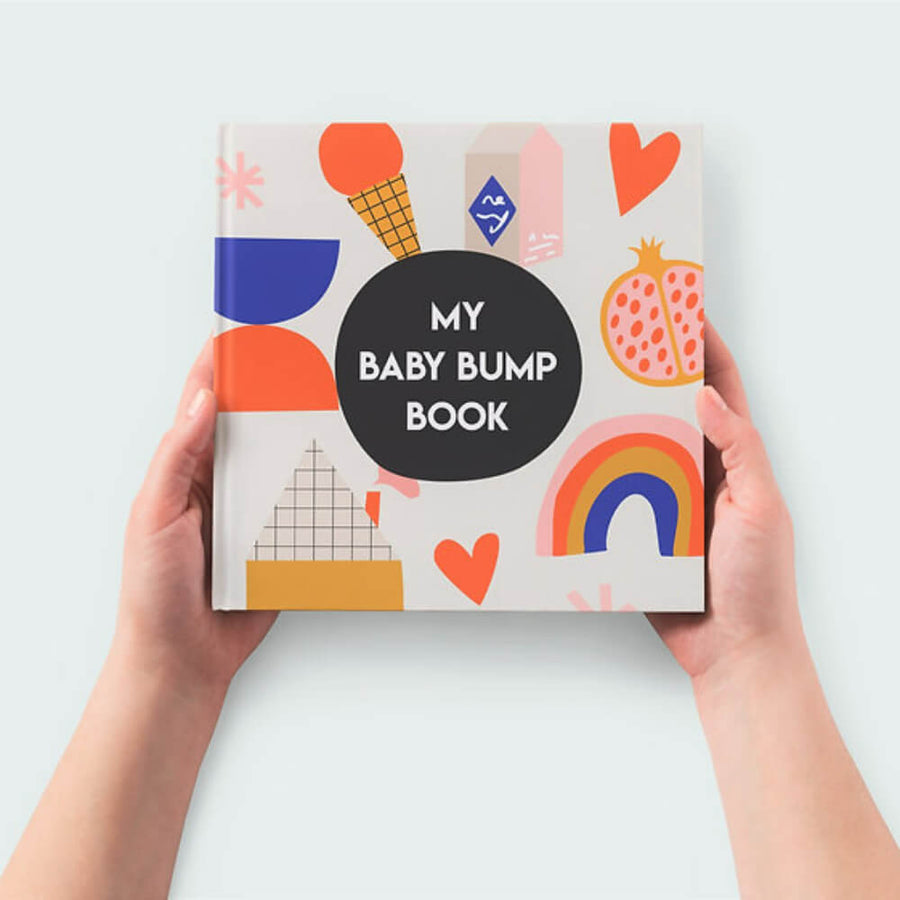The Baby Blues: Understanding & Relieving Colic in Babies in 2024

The Baby Blues: Understanding & Relieving Colic in Babies in 2024
If you are a new parent, you may have heard the word “colic” going around in passing, or by your doctor, and if you are a parent who knows what it is - well, let's say there might be quite a few memories attached to that word. But…
What is Colic?
Colic is a phenomenon wherein an infant, who isn’t sick or hungry, cries for more than three hours a day, more than three days a week, and for more than three weeks. Confused? The
American Academy of Family Physicians (AAFP) aims to educate us about colic using the “rule of three”: an otherwise healthy and well-fed infant crying for more than three hours per day, for more than three days per week, is most likely suffering from Colic. Colic as a condition is mysterious, but medical experts have agreed on a few things:
- Babies with colic are usually fussier in the evenings.
-
Colic usually starts when babies are 2 weeks old, and worsens when
between 4 and 6 weeks old. - Colic almost always goes away on its own when a baby is 3 or 4 months old.
- It can happen to any baby, breastfed or bottle-fed.
- Kids who had colic grow up no differently from those who didn’t.
How to identify if your baby has colic?
Colicky crying sounds different from normal infant crying. A healthy baby may have colic if they cry more than 3 hours a day, more than 3 days a week, and for more than 3 weeks -
Remember, the rule of 3. A few other symptoms are:
- Colicky babies often cry from 6 p.m. to midnight.
- Colicky crying is louder, more high-pitched, and more urgent sounding than regular crying. Colicky babies can be very hard to calm down.
- Burping often or passing a lot of gas. This is likely because of swallowing air while crying. It doesn’t cause colic.
- Having a bright red (flushed) face
- Having a tight belly
- Curling up their legs toward their belly when crying
-
Clenching their fists when crying
Ensure that your child visits their healthcare provider for a diagnosis.
What causes colic?
Now, that is an ongoing mystery to an extent. There is no exact cause that triggers colic,
but experts have narrowed it down to a few:
- A growing digestive system with muscles that often spasm
-
Gas - most likely because he or she swallows more air
while crying for longer periods - Sensitivity to light or noise
- Excessive stimulation, combined with,
- A developing nervous system
- Fear, frustration, or excitement
- The inability to self-soothe
- Milk allergy - undigested lactose in milk can produce lactic acid and gas, which may cause severe discomfort, bloating, and colic-associated crying in your little one.
Can I treat or prevent colic?
There is no clear cause of colic, hence there isn’t a single way to treat it. It is subjective and can vary from baby to baby. What helps one baby might not help yours. What you need to remember is that it's normal for your baby to cry, but if you train yourself to understand their different cries, that may help you deal with colic.Here are some of our suggestions to help soothe your little munchkin:
- Ensure they're not hungry but also, don't overfeed them.
-
If you’re breastfeeding, consult your doctor about your medications or diet.
It might cause irritation or an allergic reaction in your baby. - Switch their body positions often.
- Rock them or massage their back and tummy.
- Talk or sing softly to your little one - helps soothe and switch up their mood.
-
Use a pacifier, specifically one made for colic crying.
We have a recommendation for those here - Use a baby compress which will soothe them as they sleep.
- Hold them with their bare skin against yours.
- Use white noise (like a fan) or a sleep-training machine like this one
- Take them for a car ride or on a long walk.
- Put them in a swing or vibrating seat.
- Give them a warm bath.
What have we learned, what do we know?
In conclusion, dealing with colic can be a demanding journey for both babies and parents.
It's normal to feel overwhelmed, frustrated, or guilty during this challenging time.
Remember, colic is temporary and will eventually pass.
But what’s equally important is remembering to care for that one person - You!
While caring for your baby, don't forget to take care of yourself too. It's okay to take short breaks and ask for help when you need it. There’s no guilt in being overwhelmed. Lowering your stress levels will benefit both you and your baby, leading to a happier time.
You're not alone in this journey. Reach out to friends, family, or healthcare providers for support and guidance. Together, we can navigate through any parenting challenge, with patience and resilience.
















Leave a comment